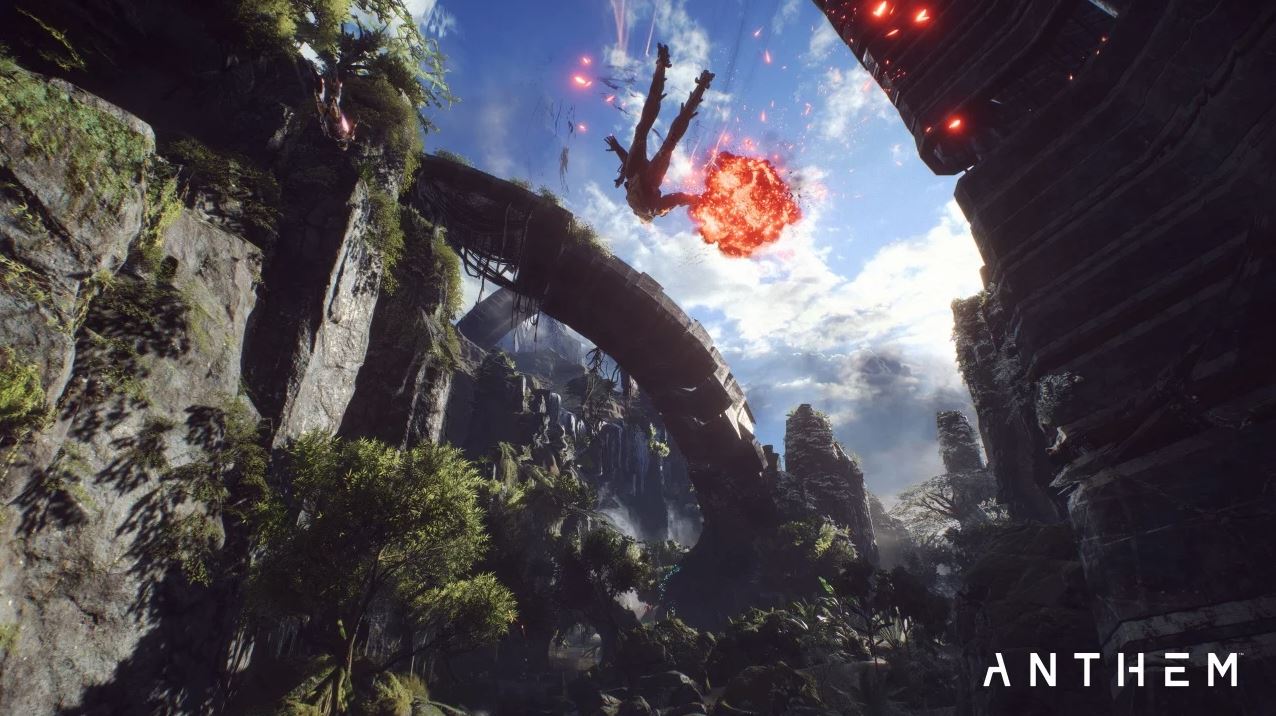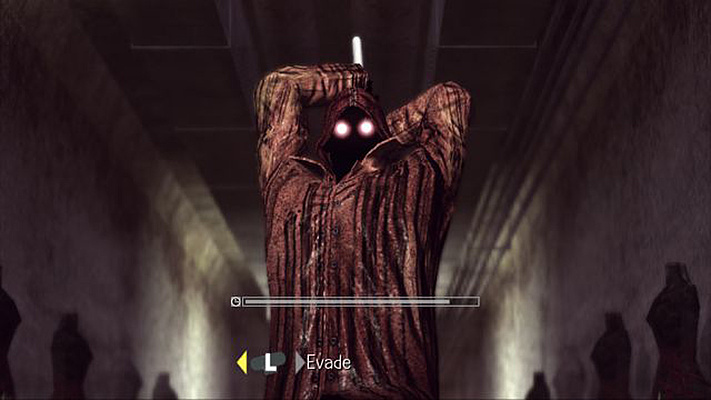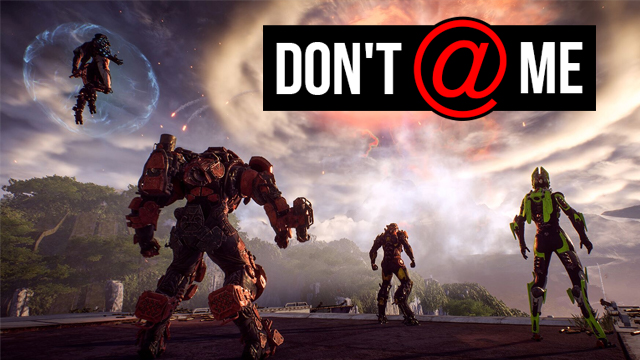Don’t @ Me is a series in which a GameRevolution writer or community member provides a take that may go against the grain of popular opinion.
Game reviews are often the bread and butter of gaming publications. Of course, gaming outlets also cover other things like news, previews, and occasional features, but reviews are what bring in the most outside readers. Video game reviews serve a valuable place in the community because they offer an inside look at the game at hand, helping players decide if this is something that they are interested in or not. There have been plenty of cases where a game review is a determining factor in someone purchasing a game or not. So, what happens when a game you’re looking forward to gets a bad review? Does that mean it is a bad game?
One person’s opinion

Game reviews are written by a person and every person has an opinion. This is the core reason why I believe that a bad review doesn’t equal a bad game. Just because one person doesn’t enjoy a game, doesn’t mean another person won’t. This is why it is important to find a reviewer with whom you share similar interests and genres.
ALSO: Mario Maker 2 and other great level editors
If a reviewer was reviewing a loot shooter, like Anthem, but preferred single-player RPG style games, then it’s likely that they are going to inherently (and unintentionally) do one of two things when reviewing the game. They will either be kinder to the game and give it a higher score because they aren’t totally sure what they want in a loot shooter, since they don’t play them very often. Or, they might give it a harsher score because it is much different from the single-player RPG games that they prefer.
I could argue that if the reviewer doesn’t enjoy loot shooters, then they shouldn’t be reviewing a game like Anthem in the first place. However, we don’t live in a perfect world. Sometimes a publications staff might be short-handed, so someone has to review a game they might not typically review. Or maybe the game and the reviewer just got poorly matched. The point is, we don’t live in a perfect world and we don’t live in a binary world, meaning that one person’s opinion is going to differ from another’s.
A good example of this is Days Gone, which released on April 26 earlier this year to mixed reviews. It sits at an average of 71 on Metacritic, though GameRevolution gave it a 4/5, and our sister site PlayStation LifeStyle gave it a 9/10. As you can see, all of these publications had very different opinions on the game, which were reflected in their review scores. It doesn’t mean one publication’s opinion was right and the others were wrong, it just means each reviewer had a different opinion on the game and there is nothing wrong with that.
A low scoring game can still be tons of fun, thus good
Another reason a bad review doesn’t equal a bad game is that sometimes a game can be “bad” from a critical viewpoint, but still be enjoyable and considered a good game by the community. The word “good” is a very vague word and can mean tons of different things. When talking about games, it could mean that it has fantastic graphics, an amazing plot, and little to no glitches or it could mean that it has an addictive playstyle and is impossible to put down, despite varying flaws.

A good example of this is the game Deadly Premonition. It is a survival horror game released in 2010 for the previous generation of consoles. It has a Metacritic score of 68% and received low scores from a number of well-known, respected publications. However, it has an 83% user score on Metacritic, which shows that the critics didn’t like it, but players did.
Since its release, Deadly Premonition has had a cult following of sorts, and even holds its own record in the Guinness Book of World Records. Deadly Premonition is the record holder for the “Most Critically Polarizing Survival Horror Game.” Deadly Premonition has gone on to receive various awards. Despite low critical reviews, there are tons of people out there who love Deadly Premonition and would say that it is a good game, even though the review scores would argue differently.
So, what makes a game good or bad?
The wonderful thing about video games is that games are what you want them to be. If you enjoy a game, despite everyone else saying it’s bad, then to you, it’s still a good game. A game doesn’t have to receive critical acclaim to be considered good, and at the same time, a game doesn’t have to receive low scores to be considered bad. It all depends on the players perspective and personal opinion.
So next time someone tries to tell you that your favorite game is bad, don’t listen to them. Everyone is entitled to their own opinion, and no one can rightly tell you that your personal opinion is wrong. Others may disagree with your opinion, and that’s fine. However, they will never be able to create your own opinion for you, and that is something that will never change.











